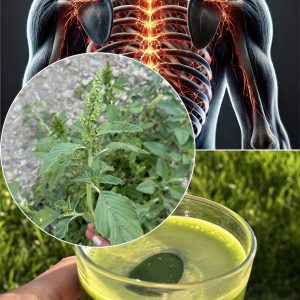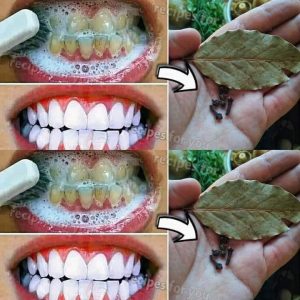Maintaining a healthy heart is crucial for overall well-being, and diet plays a significant role in heart health. Dr. Barbara O’Neill, a renowned health educator, emphasizes the importance of avoiding certain foods that can negatively impact your heart. Here are the five worst foods that Dr. O’Neill identifies as harmful to your heart, and why you should steer clear of them.
Processed Meats
Processed meats, such as bacon, sausages, and deli meats, are high in unhealthy fats, sodium, and preservatives. These can lead to high blood pressure, clogged arteries, and increased risk of heart disease.
Why It’s Bad:
- High Sodium Content: Excessive sodium intake can raise blood pressure, putting extra strain on the heart.
- Saturated Fats and Nitrates: These contribute to the build-up of plaque in the arteries, leading to atherosclerosis and heart disease.
2. Sugary Beverages
Sugary drinks like soda, sweetened juices, and energy drinks are packed with refined sugars, which can contribute to obesity, diabetes, and heart disease.
Why It’s Bad:
- High Caloric Content: Leads to weight gain, a risk factor for heart disease.
- Blood Sugar Spikes: Causes insulin resistance and inflammation, which are harmful to the cardiovascular system.
3. Trans Fats
Trans fats, found in many fried foods, baked goods, and margarine, are particularly harmful to heart health. They increase bad cholesterol (LDL) and decrease good cholesterol (HDL).
Why It’s Bad:
- Raises LDL Cholesterol: Increases the risk of coronary artery disease.
- Lowers HDL Cholesterol: Reduces the protective effects of good cholesterol.
4. Refined Carbohydrates
Refined carbs, such as white bread, pastries, and pasta, are stripped of their nutrients and fiber, leading to rapid spikes in blood sugar and insulin levels.
Why It’s Bad:
- High Glycemic Index: Causes blood sugar spikes and increased insulin production, which can lead to insulin resistance and heart disease.
- Lack of Nutrients: Provides empty calories without the essential nutrients needed for heart health.
5. Excessive Alcohol
While moderate alcohol consumption can have some heart benefits, excessive drinking is linked to high blood pressure, heart failure, and stroke.
Why It’s Bad:
- Increases Blood Pressure: Excessive alcohol intake raises blood pressure and can damage the heart muscle.
- Contributes to Weight Gain: High in empty calories, which can lead to obesity, a risk factor for heart disease.
Tips for a Heart-Healthy Diet
- Eat More Whole Foods: Focus on fruits, vegetables, whole grains, and lean proteins.
- Limit Salt Intake: Use herbs and spices for flavor instead of salt.
- Choose Healthy Fats: Opt for fats from nuts, seeds, avocados, and olive oil.
- Stay Hydrated: Drink plenty of water and limit sugary beverages.
- Moderate Alcohol Consumption: If you drink, do so in moderation.
Conclusion
Avoiding these five worst foods can significantly improve your heart health. By making smarter dietary choices and focusing on nutrient-rich, whole foods, you can protect your heart and enhance your overall well-being. Listen to the advice of experts like Dr. Barbara O’Neill and take proactive steps towards a healthier heart.





